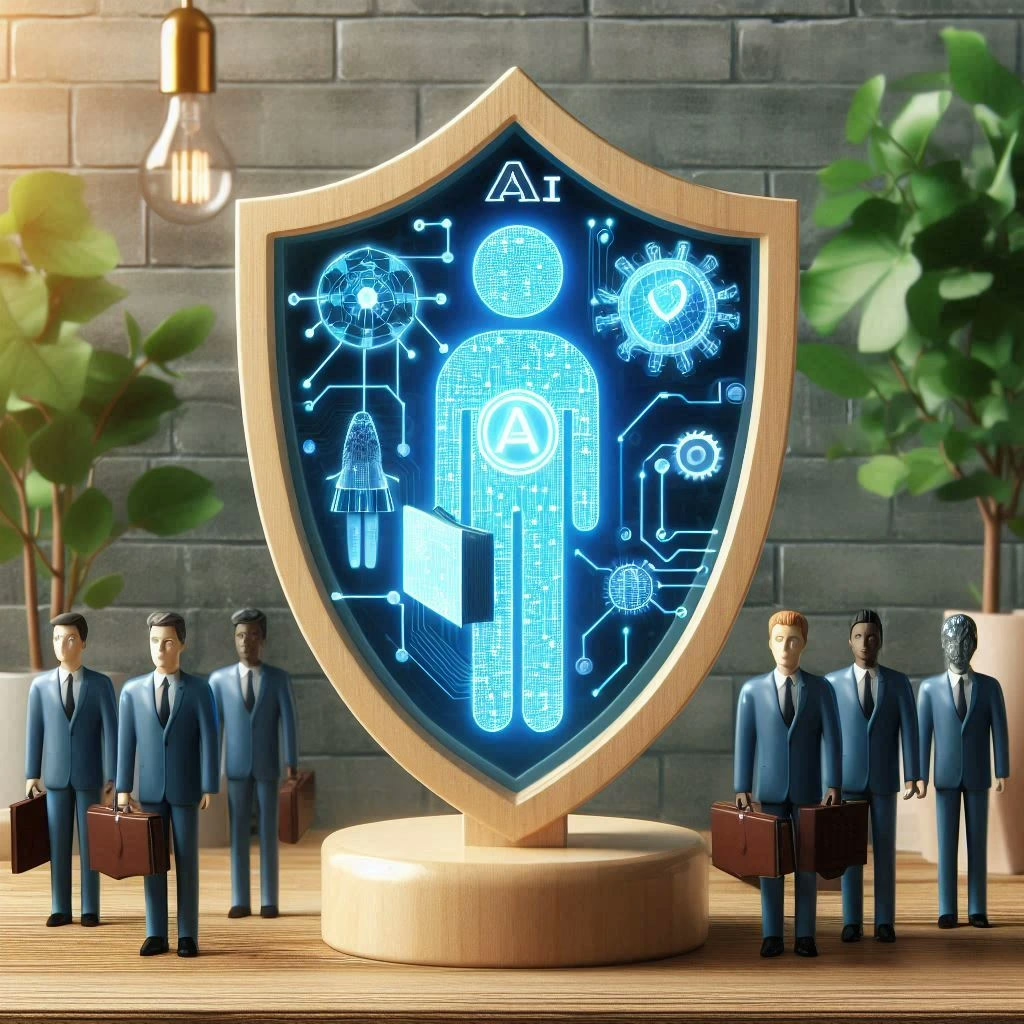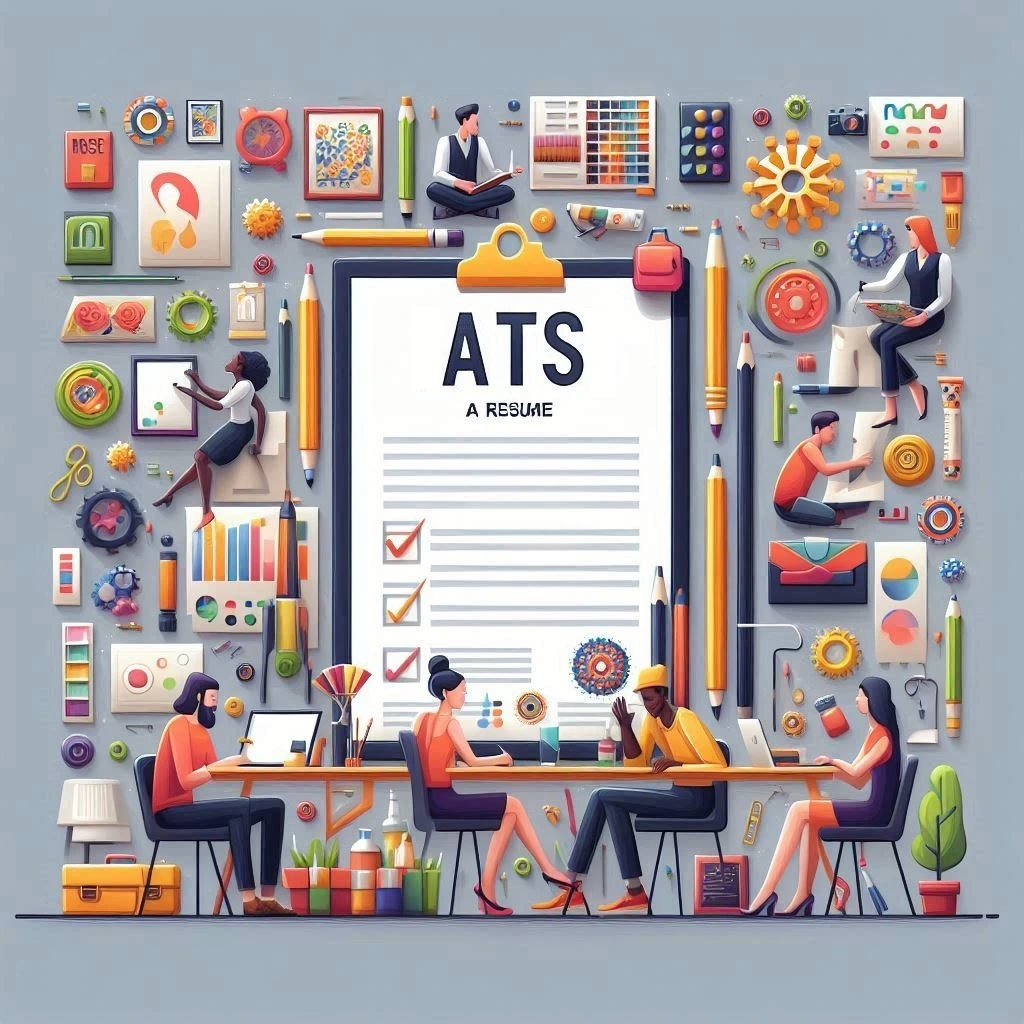Introduction: The Rise of AI and Job Displacement
Artificial Intelligence (AI) has rapidly evolved from basic automation tools to sophisticated systems capable of learning and adapting from vast amounts of data. This transformation has led to significant advancements across various industries, fundamentally reshaping the job market. As AI technologies become increasingly integrated into everyday operations, understanding their implications is crucial for workers, especially those in automation-prone sectors.
- Defining Artificial Intelligence: AI encompasses a range of technologies that enable machines to perform tasks that typically require human intelligence. This includes capabilities such as learning, reasoning, problem-solving, perception, and language understanding. The current landscape shows that approximately 77% of devices in use today incorporate some form of AI, and about two-thirds of organizations plan to adopt AI within the next three years, highlighting its pervasive influence in the workforce [10].
- Statistics on Job Displacement: The rise of AI and automation has raised concerns about job displacement. A study by Accenture predicts that AI could boost labor productivity by up to 40% by 2035, which, while beneficial for efficiency, also suggests that many jobs may become redundant as machines take over repetitive and mundane tasks [2][5]. Research indicates that not all jobs are equally susceptible to automation; however, roles that involve routine tasks are at a higher risk, necessitating a proactive approach from workers [9].
- Learning AI as a Proactive Measure: In light of these changes, learning AI is becoming an essential strategy for workers to safeguard their careers against potential job displacement. By acquiring skills in AI and automation, individuals can position themselves for new opportunities that arise as industries evolve. This not only helps mitigate the risks associated with job loss but also opens doors to specialized career paths, such as AI ethics specialists, AI trainers, and AI explainability experts [11]. Embracing AI education empowers workers to adapt to the changing landscape and remain relevant in their fields.
Understanding Job Displacement: The Automation Threat
As artificial intelligence (AI) and automation technologies continue to evolve, they are reshaping the workforce landscape, particularly in industries that rely heavily on routine and repetitive tasks. Understanding the mechanisms of job displacement caused by these advancements is crucial for workers in automation-prone sectors. Here are some key points to consider:
Industries Most Affected by AI and Automation
- Manufacturing: This sector has seen significant automation, with robots and AI systems taking over tasks such as assembly line work, quality control, and inventory management. The efficiency and precision of AI-powered machines often surpass human capabilities, leading to reduced demand for manual labor in these roles [2][9].
- Retail: The rise of e-commerce and automated checkout systems has transformed the retail landscape. Jobs such as cashiers and stock clerks are increasingly at risk as businesses adopt technologies that streamline operations and reduce labor costs [2][10].
- Transportation: The development of autonomous vehicles poses a direct threat to jobs in driving, including truck drivers and taxi services. As self-driving technology matures, the need for human drivers may diminish, leading to significant job losses in this sector [2][10].
Specific Job Roles at Risk
Certain job roles are particularly vulnerable to automation due to their repetitive nature and reliance on predictable tasks. These include:
- Assembly Line Workers: With the ability of AI to perform repetitive tasks with high efficiency, many assembly line jobs are at risk of being automated [2][7].
- Customer Service Representatives: AI-powered chatbots and virtual assistants can handle customer inquiries and support tasks, reducing the need for human representatives [3][4].
- Data Entry Clerks: Automation can efficiently manage data entry tasks, making these positions increasingly obsolete [2][3].
The common thread among these roles is their reliance on routine tasks that can be easily programmed into AI systems, making them prime candidates for displacement.
Historical Context of Technological Disruptions
Historically, technological advancements have led to job displacement, but they have also created new opportunities. For instance, the Industrial Revolution saw many manual labor jobs replaced by machines, yet it also led to the emergence of new industries and job roles. Similarly, the rise of computers in the late 20th century displaced certain clerical jobs while giving rise to IT and tech-related positions.
The current wave of AI and automation is reminiscent of these past disruptions. While it poses a threat to specific job roles, it also opens the door to new career paths in AI ethics, AI training, and other specialized fields that require a deep understanding of these technologies [5][11].
The Importance of Learning AI Skills
The integration of artificial intelligence (AI) is reshaping the landscape of employment, particularly in industries prone to automation. As AI continues to advance, it is crucial for workers to understand its implications and the importance of acquiring AI-related skills to mitigate the risks of job displacement. Here are several key points that highlight the value of learning AI skills:
- Enhancing Employability and Marketability: As AI technologies become more prevalent, employers are increasingly seeking candidates with AI-related skills. By acquiring these skills, workers can significantly enhance their employability and marketability in a competitive job market. The demand for individuals who can work alongside AI systems is on the rise, making it essential for workers to adapt and develop relevant competencies to remain valuable in their roles [2][3].
- Types of In-Demand AI Skills: The job market is particularly interested in specific AI skills that are crucial for various roles. Some of the most sought-after skills include:
- Machine Learning: Understanding algorithms and models that enable machines to learn from data.
- Data Analysis: The ability to interpret and analyze data to derive meaningful insights, which is essential for decision-making processes.
- Programming: Proficiency in programming languages such as Python or R, which are commonly used in AI development and data manipulation.
These skills not only prepare workers for current job demands but also position them for future opportunities as AI technologies evolve [3][9]. - Opening New Career Opportunities: Learning AI can lead to new career paths that may not have existed before. As AI continues to create new roles, particularly in emerging fields like AI ethics, data science, and AI maintenance, workers who are equipped with AI skills will find themselves at the forefront of these opportunities. The ability to adapt to new technologies and roles will be a significant advantage in a job market increasingly influenced by AI [4][9].
How to Start Learning AI: Resources and Pathways
As the landscape of work continues to evolve due to the rapid advancement of artificial intelligence (AI) and automation, it is crucial for workers, especially those in automation-prone industries, to equip themselves with relevant skills. Learning AI not only enhances employability but also provides a competitive edge in a job market increasingly influenced by technology. Here are some practical resources and pathways to help you embark on your AI learning journey:
Online Courses and Certifications
- Coursera: Offers a variety of AI courses from top universities and companies, including specializations in machine learning, deep learning, and AI for everyone. Notable courses include Andrew Ng’s Machine Learning and the AI for Everyone course.
- edX: Provides access to professional certificates and MicroMasters programs in AI from institutions like MIT and Harvard. These programs cover foundational concepts and advanced applications of AI.
- Udacity: Features nanodegree programs focused on AI, machine learning, and data science, which are designed in collaboration with industry leaders to ensure relevance to current job markets.
- Google AI: Offers free courses and resources through its AI platform, including the Machine Learning Crash Course, which is a great starting point for beginners.
Degree Programs
- University Programs: Many universities now offer undergraduate and graduate degrees in AI, machine learning, and data science. These programs provide a comprehensive education that combines theoretical knowledge with practical applications.
- Bootcamps: Coding bootcamps like General Assembly and Springboard offer intensive, short-term programs focused on AI and data science, providing hands-on experience and mentorship.
Free Resources
- MOOCs (Massive Open Online Courses): Platforms like FutureLearn and Khan Academy offer free courses on AI and related subjects, making it accessible for anyone to start learning.
- Open-Source Platforms: Websites like GitHub host numerous open-source projects and resources related to AI, allowing learners to explore real-world applications and contribute to ongoing projects.
- YouTube Channels: Channels such as 3Blue1Brown and Sentdex provide engaging video content that explains complex AI concepts in an accessible manner.
Community Engagement
- Online Forums: Platforms like Reddit (e.g., r/MachineLearning) and Stack Overflow are excellent for connecting with other learners and professionals in the field. These forums provide a space to ask questions, share resources, and discuss the latest trends in AI.
- Local Meetups: Websites like Meetup.com can help you find local AI and tech groups where you can network with peers, attend workshops, and participate in discussions about AI applications and career opportunities.
- Workshops and Hackathons: Participating in workshops and hackathons can provide hands-on experience and foster collaboration with others interested in AI. These events often focus on solving real-world problems using AI technologies.
By leveraging these resources and engaging with the community, workers can effectively start their AI learning journey, thereby enhancing their skills and reducing the risks associated with job displacement in an increasingly automated world. Continuous learning and adaptation are key to thriving in the future job market shaped by AI advancements.
The Future of Work: Embracing AI as a Partner
While concerns about job displacement due to automation are valid, it is essential to recognize that AI can also serve as a powerful ally in enhancing human capabilities. Here are some key points to consider regarding the role of AI in the future of work and how workers can adapt to this changing landscape.
- AI as an Augmenter of Human Capabilities: Rather than simply replacing jobs, AI has the potential to augment human skills and improve job performance. By automating repetitive and mundane tasks, AI allows workers to focus on more complex and creative aspects of their roles. This shift can lead to increased efficiency and productivity, enabling employees to contribute more meaningfully to their organizations [1][5]. For instance, AI can analyze vast amounts of data quickly, providing insights that help workers make informed decisions and drive innovation [6][8].
- The Importance of Adaptability and Continuous Learning: In an era where AI is reshaping job roles, adaptability becomes a crucial skill. Workers must embrace continuous learning to stay relevant in their fields. This includes familiarizing themselves with AI technologies and understanding how to leverage them effectively. As new job roles emerge, such as AI ethics specialists and AI trainers, individuals who invest in learning these skills will be better positioned to thrive in the evolving job market [3][10]. Lifelong learning is essential, as it not only safeguards against job displacement but also opens up new opportunities for career advancement [11].
- Shifting Mindsets Towards Collaboration with AI: To fully harness the benefits of AI, workers need to adopt a collaborative mindset. Viewing AI as a partner rather than a competitor can lead to more productive interactions and innovative solutions. Employers also play a vital role in this transition by supporting their workforce through training and development initiatives that emphasize the complementary nature of AI and human skills [7][9]. By fostering an environment where AI is seen as a tool for empowerment, organizations can enhance job quality and create a more engaged workforce.
Conclusion
It is crucial for workers, especially those in automation-prone industries, to recognize the importance of learning AI as a proactive measure against job displacement. Here are the key takeaways to consider:
- Mitigating Job Displacement Risks: The integration of AI into various sectors has raised concerns about job displacement, as automation can replace traditional roles. However, by acquiring AI skills, workers can position themselves to adapt to these changes and remain relevant in the workforce. Learning AI not only helps in understanding the technology but also empowers individuals to leverage it in their current roles, thereby reducing the risk of being left behind in an increasingly automated environment [3][4][14].
- Assessing Current Skills: It is essential for workers to take stock of their existing skills and identify gaps that may hinder their adaptability in the face of AI advancements. This self-assessment can guide individuals in selecting appropriate learning opportunities, whether through formal education, online courses, or self-study. By focusing on areas such as data analysis, machine learning, and AI ethics, workers can enhance their employability and prepare for new roles that emerge as AI continues to evolve [10][11].
- Call to Action: The time to act is now. Starting to learn AI today can significantly enhance your career prospects and secure a more resilient future. Embrace the opportunity to upskill and adapt to the changing job market. By investing in your education and understanding AI, you are not only safeguarding your current position but also opening doors to new career paths that may not have existed a few years ago [12][14].
In conclusion, the proactive approach of learning AI is not just a response to the challenges posed by automation; it is a strategic move towards a more secure and fulfilling career. Take the first step today and equip yourself with the knowledge and skills necessary to thrive in the age of AI.
Find out more about Shaun Stoltz https://www.shaunstoltz.com/about/
This post was written by an AI and reviewed/edited by a human.



